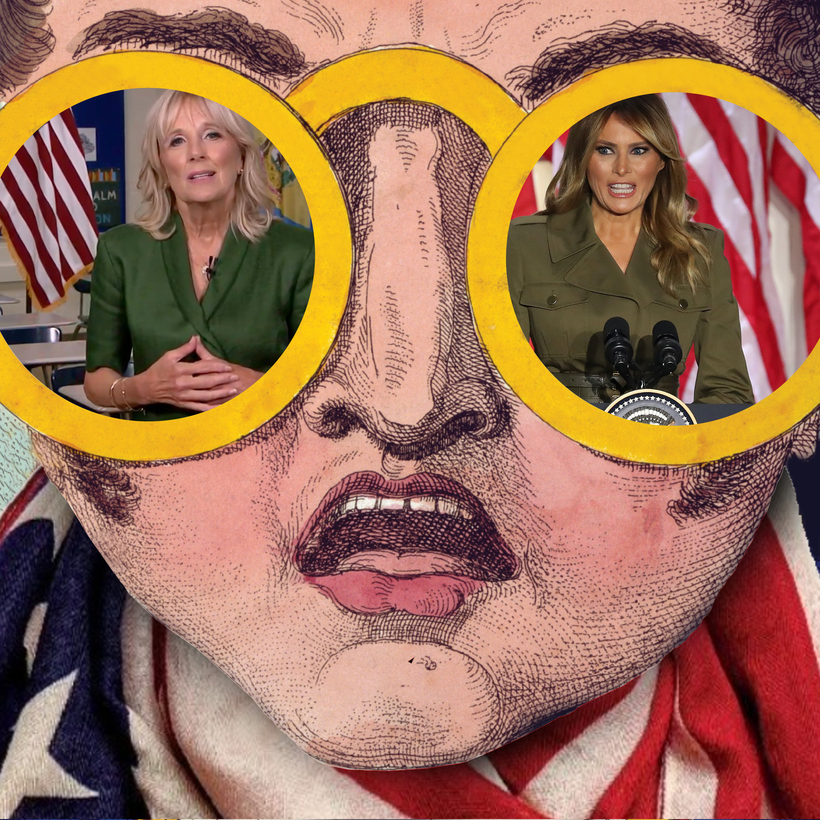When my maternal grandfather arrived as a delegate to the Republican National Convention in Chicago in 1952, word spread that blue dress shirts would read best on black-and-white television, so he went to Brooks Brothers and bought a new button-down broadcloth. His candidate, Robert Taft, lost the nomination to Dwight Eisenhower, but I’ll bet my grandfather looked spruce on the tube.
For most of my lifetime, Republicans have been the past masters of the telegenic convention—of meticulous stagecraft, stirring videos, and precision balloon drops. But this year, the Emmy Award–winning team behind the Democrats’ intimate, hopscotching virtual convention stole a stylistic march on the Trump campaign, which was left mostly with the echoing neoclassical emptiness of the Andrew W. Mellon Auditorium, in Washington.


